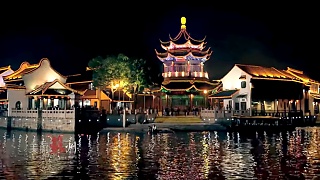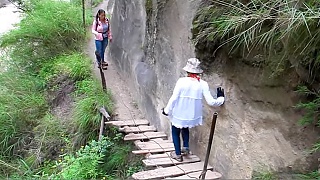An introduction ...
[640],shadow=true,start=,stop=
Live more ...
 The Hong Kong 香港 University of Science and Technology
The Hong Kong 香港 University of Science and TechnologyAn introduction ...

|
|

|
Including YunNan and GuangXi provinces ...
|

|
With Dr. May-yi Shaw.
Meet the pioneers of the Belt and Road Initiative ...
|

|
WuZhen, 乌镇, lies not far from ShangHai, where this film starts, and also HangZhou and SuZhou, in ZheJiang province (on the east coast, south of ShangHai)).
|

|
ShangHai (including Disney), BeiJing, Xi'An, ChengDu, YangShuo, Hong Kong ...
|

|
The gorge is located about 60 kilometers north of LiJiang in YunNan province.
|

|
Can't help falling in love ...
Off the ground ...
Radiohead - Creep ...
My Baby just cares for me - with Jeff Goldblum ...
All about the bass ...
|